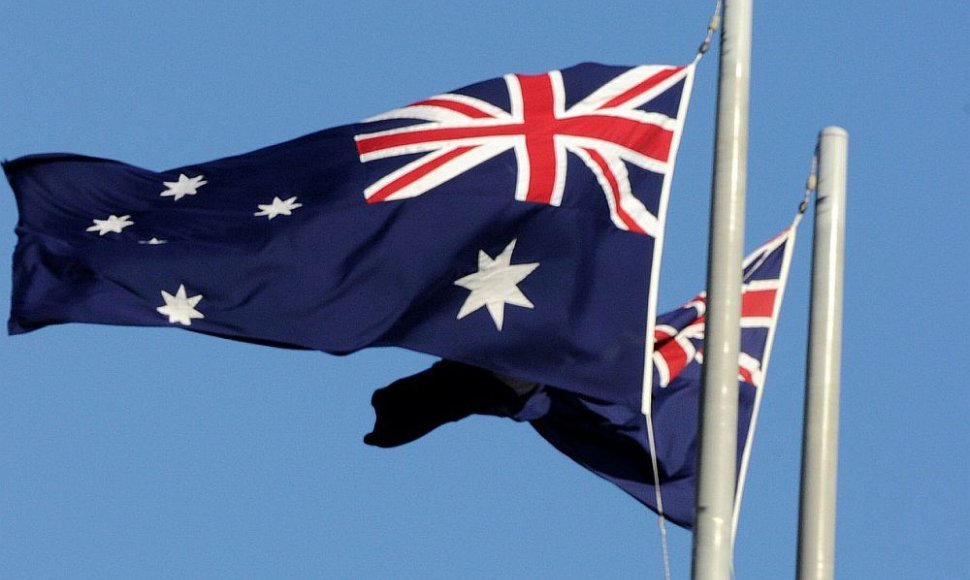The Australian government's move was soon censured by the country's Senate and triggered a wave of protest demonstrations across Australia.
According to documents published in the new WikiLeaks database, Australia closely harmonized its position with New Zealand, which said it didn't believe the Baltic nations stood a chance of regaining independence 34 years after annexation by the Soviet Union.
A document from August 1, 1974, describes a conversation between a diplomat of the US Embassy in Australia and an official of the Australian Foreign Ministry. The Australian official said that the Australian ambassador had been instructed to reply positively, should he be asked whether a planned visit to the Baltic states meant that Australia recognized the Baltic countries as part of the Soviet Union.
"The Labor government has decide to 'tidy up' policy on the Baltic states, according to (Australian diplomat) Cooper, having concluded that most Baltic migrants 'probably vote Liberal' in any case (i.e., for an opposition party), and the Labor Party has little to lose electorally from change in policy," reads the document drafted by the US Embassy in Canberra.
Other US documents describe the policies of the Lithuanian community in Australia and the Senate. During the Senate ballot, a statement condemning the minister was voted 29 votes in support and 27 against.
Opposition senator, the author of the resolution, then noted that the Labor Party's prime minister Gough Whitlam had confirmed in a letter to the Lithuanian community before earlier elections that he did not recognize the incorporation of Lithuania, Latvia, and Estonia into the Soviet Union, and was even more categorical in his statements less than six months earlier: "We recognize the existence de jure of the states of Estonia, Latvia, and Lithuania."
New Zealand then also changed its stance on the Baltic states. According to the documents prepared by US diplomats, the country's officials specified "there were no prospects for the Baltics gaining independence, elapse of 34 years since annexation, and lack of benefit to New Zealand of non-recognition policy."
According to the US document, "Soviet ambassador in Wellington has been informed that New Zealand recognizes the incorporation of the Baltic states into the Soviet Union," however, the prime minister did not want any publicity given to the change.
Last year, New Zealand officially said to Lithuania that it never recognized the annexation and did not consider the country part of the Soviet Union.
"A review of the ministry's documents did not reveal any information that would testify that New Zealand ever recognized Lithuania as part of the Soviet Union," New Zealand's Ministry of Foreign Affairs and Trade said in a letter to Lithuania's diplomatic mission on July 2, 2012.
The Soviet Union annexed the three Baltic nations in 1940. Apart from the Soviet Union's satellites, the annexation of Lithuania and the other Baltic states was officially recognized by only a few democracies. The non-recognition policy ensured continued statehood of the three Baltic countries.












